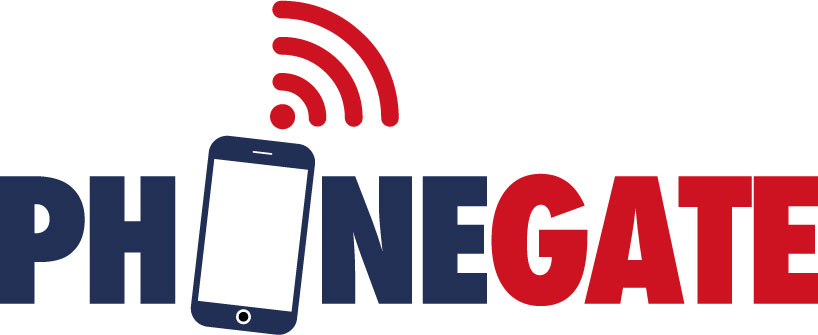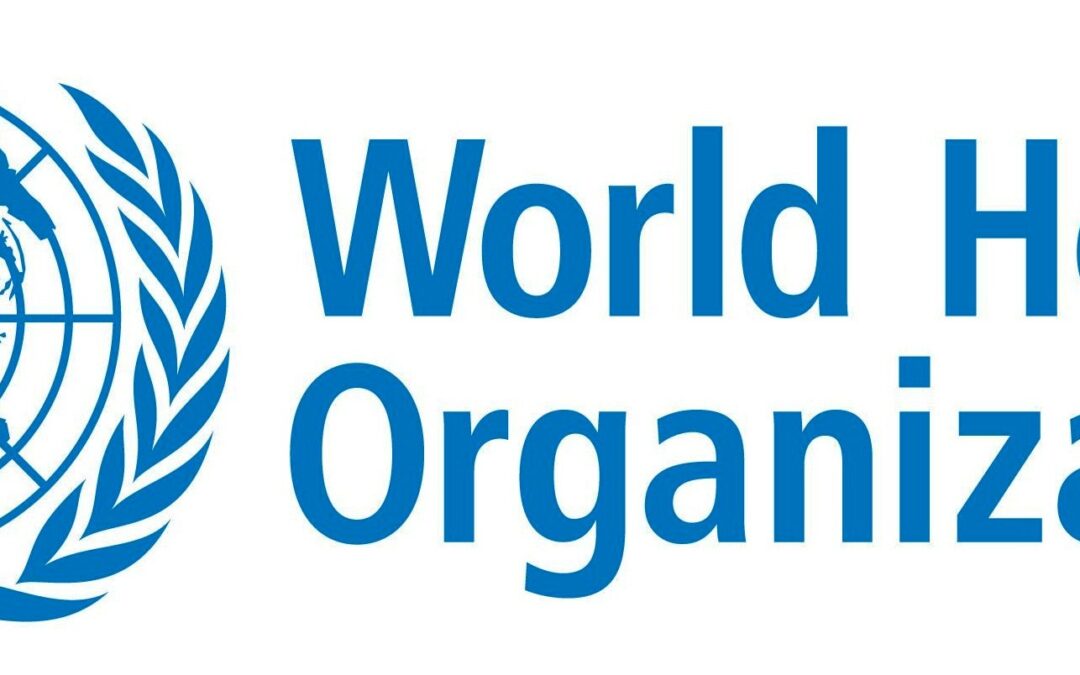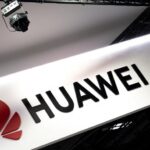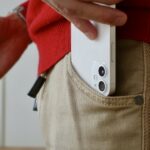Phonegate Alert calls for a critical analysis of the recent WHO study on health risks of mobile phones
Paris, September 18, 2024 – The Phonegate Alert association demands a thorough and independent examination of the results of a recently published study by the World Health Organization (WHO). This study, which concludes there are no risks of brain cancer linked to mobile phone use, raises numerous questions about its methodology and impartiality.
Biased selection? Only 63 studies out of 5,379 retained for WHO analysis
The WHO study screened 5,379 scientific publications published between 1994 and 2022. However, only 63 of them were subjected to in-depth examination, raising questions about the selection criteria.
Among these studies is Mobi-Kids, whose impartiality has been questioned by a Phonegate Alert investigation, revealing serious conflicts of interest with the mobile phone industry. The use of the GRADE (Grading of Recommendations Assessment, Development and Evaluation) approach to assess the quality of evidence also raises concerns.
GRADE: An unsuitable method for assessing long-term risks of radiofrequencies
Although widely used, the GRADE method has significant limitations in assessing long-term health risks. It favors randomized clinical trials, which are difficult to conduct for prolonged environmental exposures. This approach tends to undervalue observational studies, which are crucial for understanding the long-term effects of radiofrequencies. Moreover, GRADE often minimizes the importance of mechanistic evidence and animal studies, which are essential in this field.
5G and long-term exposure: The blind spots of the WHO study
The WHO study neglects two crucial aspects: the long-term effects of recent technologies like 5G and the difficulty of accurately measuring individual exposure to waves over long periods.
Furthermore, as demonstrated by Phonegate Alert, the study does not take into account the systematic non-compliance with regulatory exposure levels by mobile phone manufacturers, a practice highlighted by our association that has persisted for years.
These gaps raise questions about the relevance of the study’s conclusions in the face of current and future technological challenges, as well as the reality of exposures experienced by users.
Troubling links between researchers and industry: The study’s independence in question
Alerte Phonegate is calling for full transparency concerning the sources of funding for this study and the potential links between the researchers and industry. In fact, several of the scientists involved have close links with the ICNIRP, a so-called “independent” organization close to the WHO, which was recently criticized in a report by MEPs Klaus Buchner and Michele Rivasi for its connections with the telecommunications industry.
Among the authors of the WHO study, three are ICNIRP members: Ken Karipidis (Australia, Radiation Protection), Maria Blettner (Germany, Epidemiology), and Martin Röösli (Switzerland, Environmental Epidemiology).
The case of Prof. Martin Röösli is particularly concerning. From 2011 to 2018, he was an unpaid board member of the Swiss Research Foundation for Electricity and Mobile Communication, linked to ETH Zurich.
These connections raise concerns about potential conflicts of interest. Given these troubling links, the association insists on the urgency of conducting complementary studies by completely independent organizations, funded by public funds.
WHO’s about-face? Conclusions contradicting the 2011 classification
The WHO’s current conclusions contradict the classification of electromagnetic waves as “possibly carcinogenic” established by IARC in 2011. This reversal raises questions, especially since Microsoft is linked to WHO through the Bill & Melinda Gates Foundation, its largest private donor, contributing about 10% of its budget, or about 280 million Swiss francs per year (300 million US dollars).
In September 2013, Microsoft acquired Nokia for 5.44 billion euros to increase its share in the mobile market. These financial ties raise concerns about WHO’s impartiality on risks associated with wireless technologies.
Contrary to the results of this new study, the work of experts such as Dr. Anthony B. Miller (former Senior Epidemiologist at the International Agency for Research on Cancer (IARC), Canada) and Dr. Lennart Hardell (Oncologist, Sweden) argues for an upward re-evaluation of the risk level by the IARC. Many other international scientist want an upward re-evaluation of the level of risk by IARC, maintaining that recent data justify an increase in the classification of the risks associated with radiofrequencies as “probably carcinogenic” (Group 2A) or even “carcinogenic” (Group 1).
Raise of brain cancer in France: Alarming figures ignored by WHO
The WHO study seems to disregard the alarming data published by Santé publique France in 2018. These figures reveal a increase in glioblastoma cases between 1990 and 2018, with a 4-fold increase in men and a 3-fold increase in women.
This rise coincides with the widespread use of mobile phones in France. Santé Publique France points to several potential factors, including exposure to electromagnetic fields, citing recent epidemiological and experimental studies “in favor of the carcinogenic role” of these exposures.
Moreover, the major study by the American National Toxicology Program (NTP), which demonstrated “clear evidence” linking mobile phone waves to cancer in animals, directly contradicts WHO’s conclusions. The lack of media coverage of this study in France illustrates the deficit of pluralism in addressing this public health issue.
From sensationalism to silence: Unbalanced media coverage of the WHO study
Mainstream media coverage lacks nuance, often presenting conclusions as definitive. Past controversies on the subject are largely ignored, while critical analysis of employed methodologies is conspicuously absent.
Nevertheless, some specialized media offer a more balanced perspective. Louis Slesin, editor-in-chief of Microwave News, describes this study as “old wine in new bottles”, thus highlighting the need for more contradictory treatment of the subject.
“A dangerous and premature judgment”: International experts denounce WHO conclusions
Dr. Devra Davis, president of the Environmental Health Trust and member of Phonegate Alert’s scientific council, criticizes this study:
Dr. Oleg A. Grigoriev, president of the Russian National Committee on Non-Ionizing Radiation Protection and member of Phonegate Alert’s scientific council, warns:
“A little-known group claims that cancer due to electromagnetic fields does not exist… We must be extremely cautious about statements that claim to ‘know the answer’.”
Asbestos, tobacco, pesticides: Is WHO once again late on a major health risk?
Recent history reveals that WHO has often been slow to act in the face of major health risks. The organization did not recommend a total ban on asbestos until 2006, despite decades of warnings.
Regarding tobacco, it was criticized for its slowness in taking a stand against this harmful industry. Controversies also persist around glyphosate and other pesticides, among others…
For Dr. Marc Arazi, president of Phonegate Alert and author of the book “Phonegate“:
“This study cannot in any way be considered definitive. WHO’s precedents in managing other health risks and expert criticisms should encourage all actors (politicians, media) to exercise the utmost caution. We call on everyone for a critical analysis of the conclusions of the WHO study and especially for truly independent research on the long-term effects of wireless technologies. Phonegate Alert calls on health authorities, media and the public to actively support independent research on this crucial public health issue.”
For more information on our action: https://phonegatealert.org/
Link to the WHO study: WHO study on health risks https://www.sciencedirect.com/science/article/pii/S0160412024005695
About Phonegate Alert:
Phonegate Alert is an NGO created in 2018, dedicated to health protection related to mobile phones and connected objects. This press release was documented for the first time with the help of an artificial intelligence tool.
On the same subject






